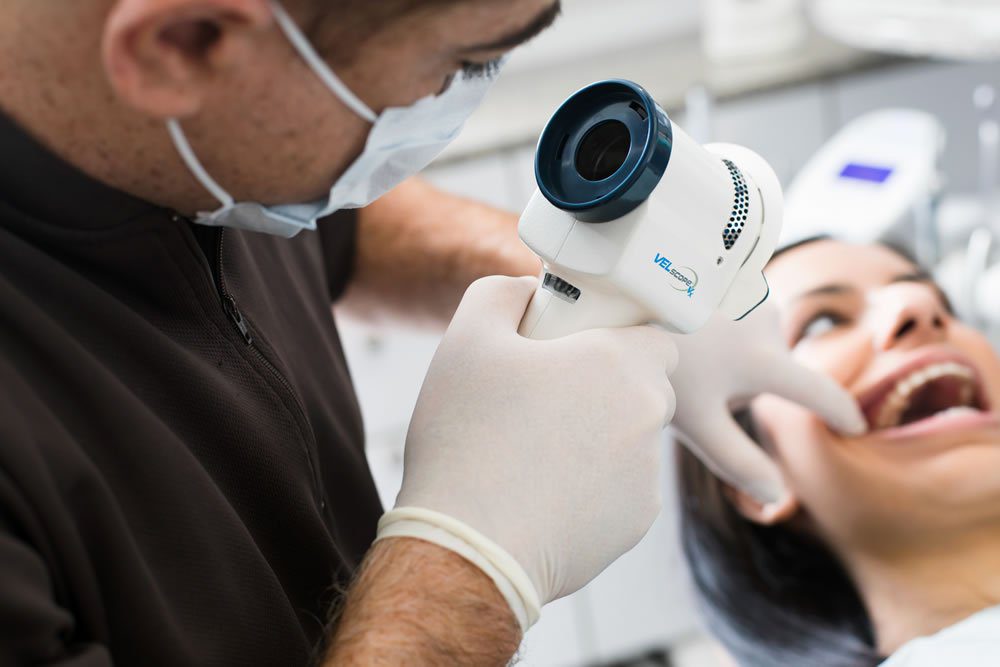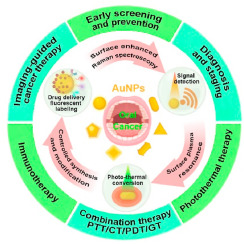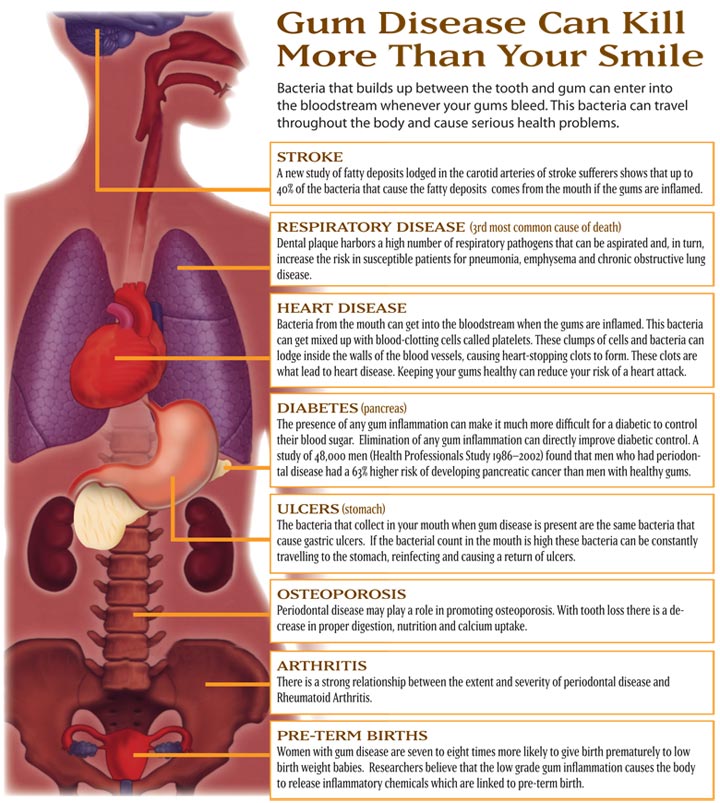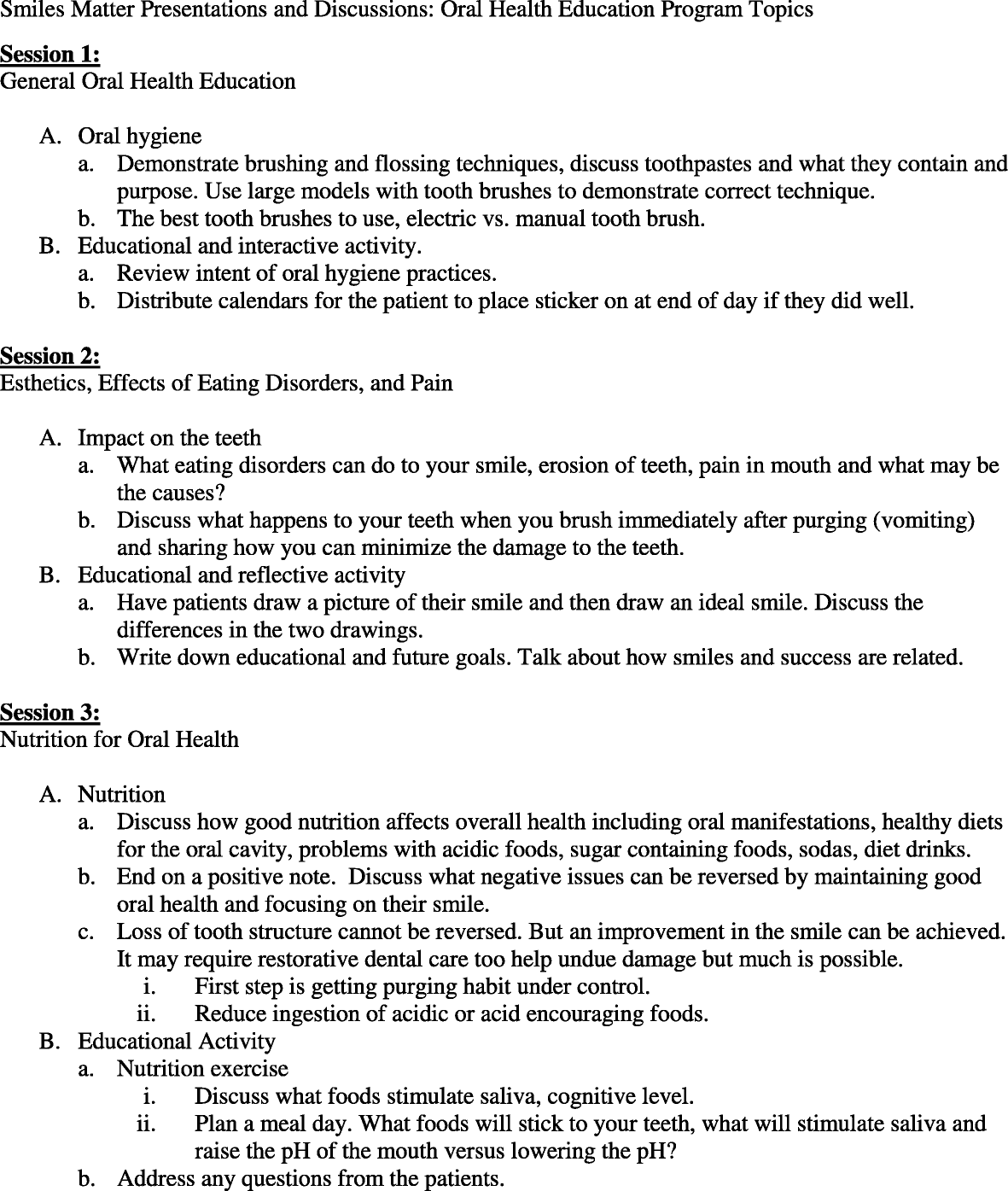Introduction
Oral cancer is a serious and potentially life-threatening disease that affects millions of people worldwide. Over the years, significant advancements have been made in the treatment of oral cancer, leading to improved outcomes and increased survival rates. In this article, we will explore the latest research insights and breakthroughs in the field of oral cancer treatment.
Early Detection and Diagnosis
Early detection plays a crucial role in the successful treatment of oral cancer. Researchers have been working on developing innovative diagnostic tools and techniques to identify oral cancer at its earliest stages. These include the use of advanced imaging technologies, such as optical coherence tomography (OCT) and fluorescence imaging, which can detect abnormal tissue changes even before they become visible to the naked eye.
Biomarkers for Early Detection
Scientists have also been studying various biomarkers that can indicate the presence of oral cancer. These biomarkers, such as specific proteins or genetic mutations, can be detected through blood tests or saliva samples. The identification of reliable biomarkers can significantly improve early detection rates and enable timely intervention.
Targeted Therapies
Traditional treatment options for oral cancer, such as surgery, radiation therapy, and chemotherapy, can cause significant side effects and may not always be effective in advanced cases. However, recent research has focused on developing targeted therapies that specifically attack cancer cells while sparing healthy tissues.
Immunotherapy
Immunotherapy has emerged as a promising treatment approach for various types of cancer, including oral cancer. It works by stimulating the body’s immune system to recognize and destroy cancer cells. Immune checkpoint inhibitors, such as pembrolizumab and nivolumab, have shown remarkable results in clinical trials and have been approved for the treatment of advanced oral cancer.
Molecular Targeted Therapy

Molecular targeted therapy involves the use of drugs that target specific molecules or pathways involved in the growth and spread of cancer cells. For oral cancer, targeted therapies that inhibit epidermal growth factor receptor (EGFR) or vascular endothelial growth factor (VEGF) have shown promise in clinical trials.
Summary
Oral cancer, which includes cancers of the mouth, lips, tongue, and throat, poses a serious threat to global health. However, recent advancements in the treatment of oral cancer offer hope for improved outcomes and increased survival rates. This blog post aims to summarize the latest research insights into the treatment of oral cancer, highlighting innovative approaches such as targeted therapies, immunotherapy, and precision medicine. By understanding these breakthroughs, we can gain a bett visit this site er understanding of the evolving landscape of oral cancer treatment and the potential for more personalized and effective therapies in the future.
- Q: What are the latest advances in the treatment of oral cancer?
- A: Some of the latest advances in the treatment of oral cancer include targeted therapies, immunotherapy, and minimally invasive surgical techniques.
- Q: What are targeted therapies?
- A: Targeted therapies are medications that specifically target cancer cells, blocking the growth and spread of the tumor while minimizing damage to healthy cells.
- Q: How does immunotherapy help in treating oral cancer?
- A: Immunotherapy helps in treating oral cancer by boosting the body’s immune system to recognize and attack cancer cells. It can enhance the effectiveness of other treatments and improve overall survival rates.
- Q: What are minimally invasive surgical techniques?
- A: Minimally invasive surgical techniques involve using small incisions and specialized tools to remove tumors or perform reconstructive procedures. These techniques result in less pain, shorter recovery times, and reduced risk of complications.
- Q: Are there any promising research insights in the field of oral cancer treatment?
- A: Yes, ongoing research is exploring the potential of targeted drug delivery systems, gene therapies, and personalized medicine approaches to improve the outcomes of oral cancer treatment.
- Q: How can early detection of oral cancer improve treatment outcomes?
- A: Early detection of oral cancer allows for timely intervention, increasing the chances of successful treatment and reducing the need for aggressive therapies. Regular dental check-ups and screenings are crucial for early detection.

Welcome to my website! My name is Jamie Raw, and I am a passionate Dental Researcher dedicated to advancing oral health and promoting holistic dentistry practices. With years of experience in the field, I am excited to share my knowledge and insights with you.




